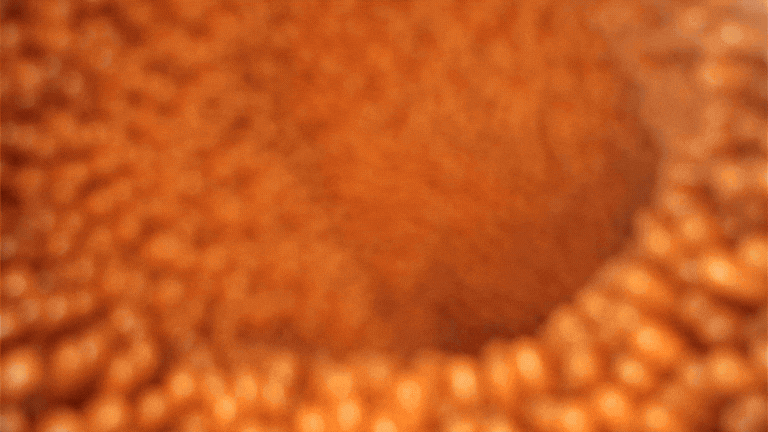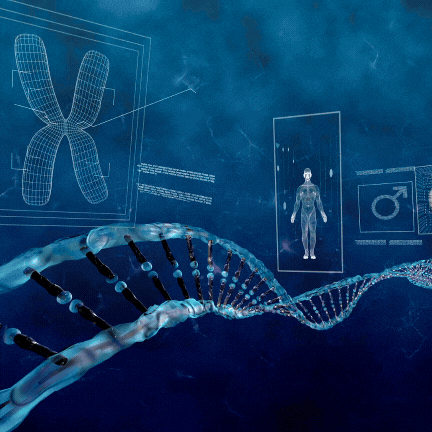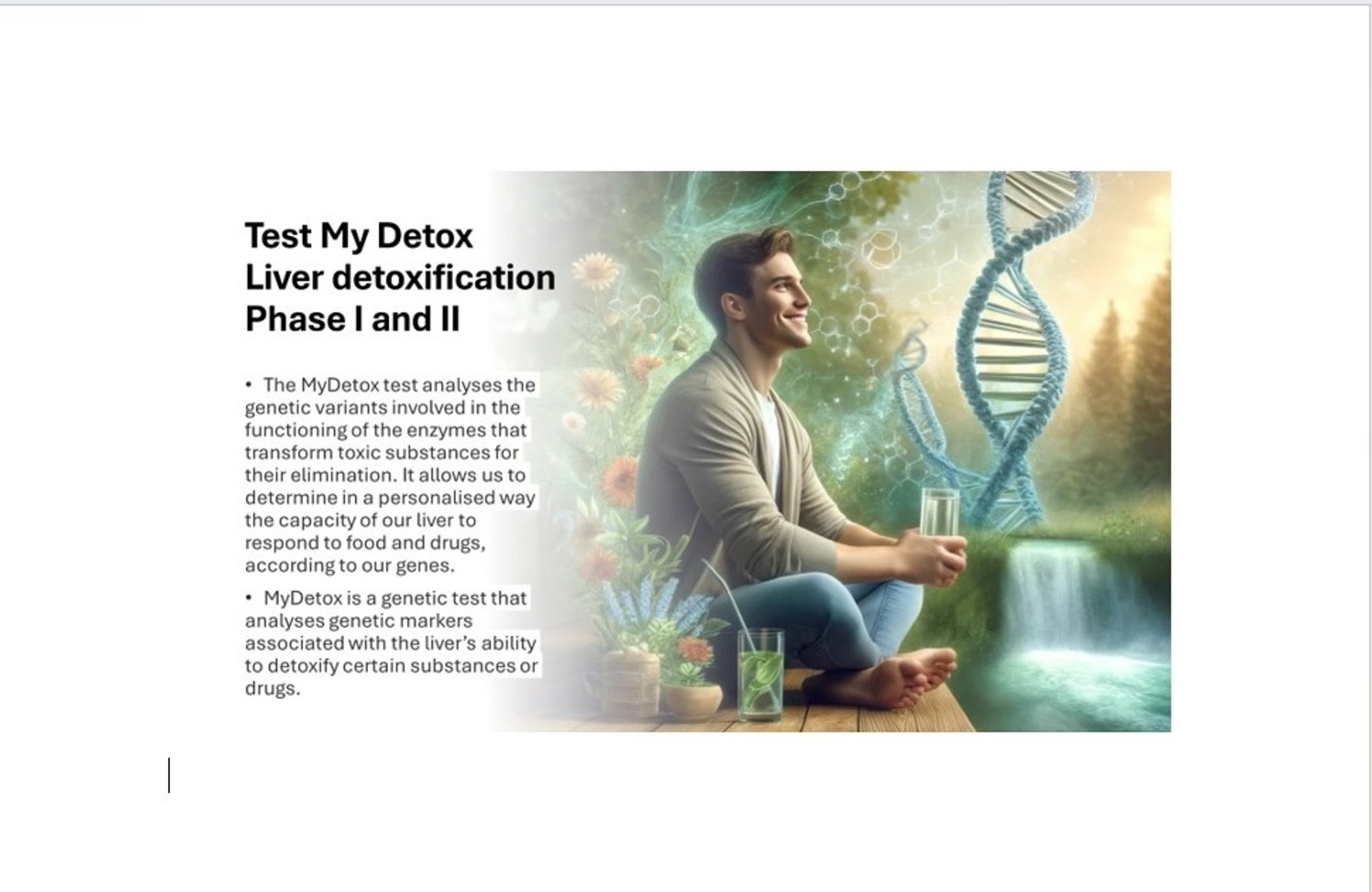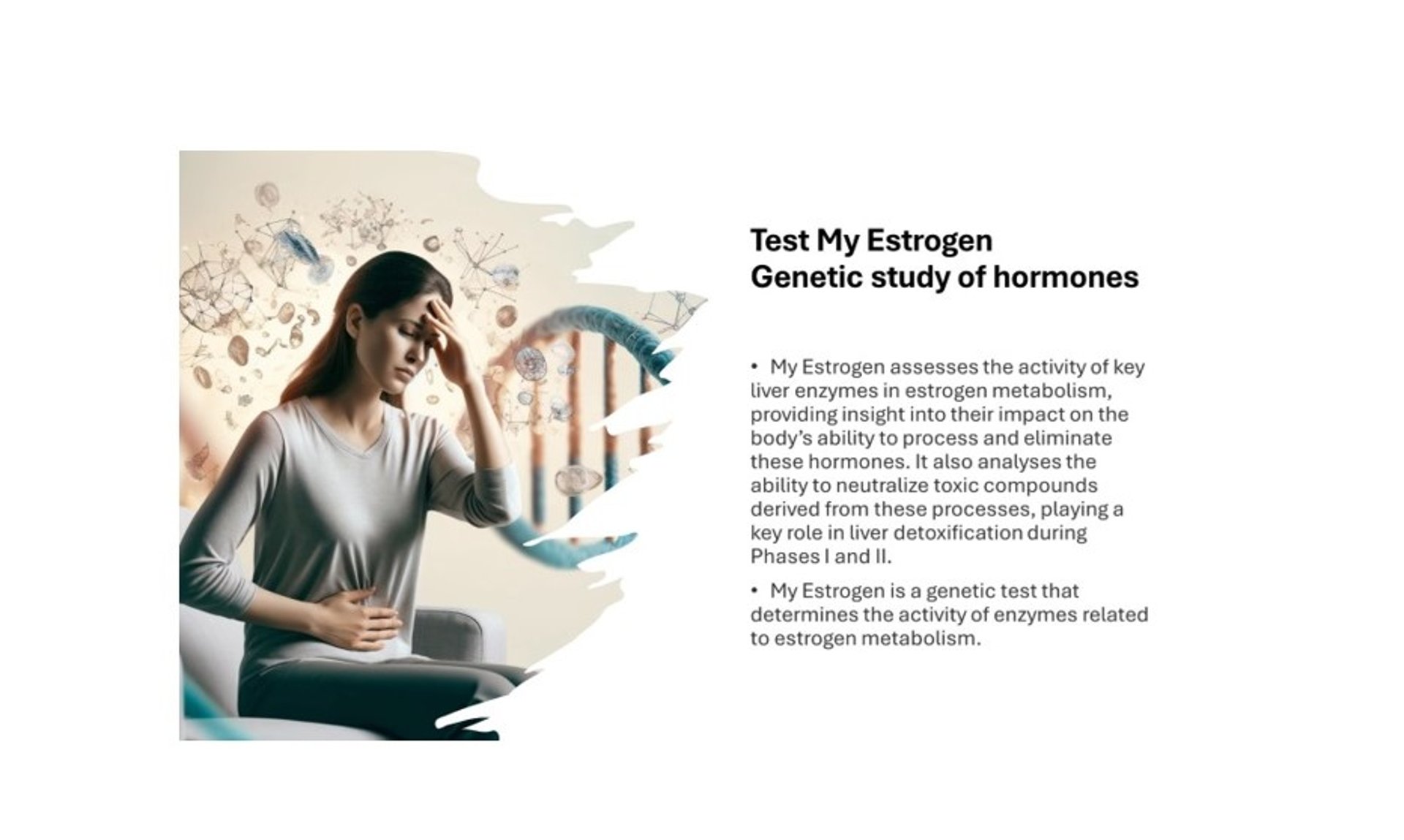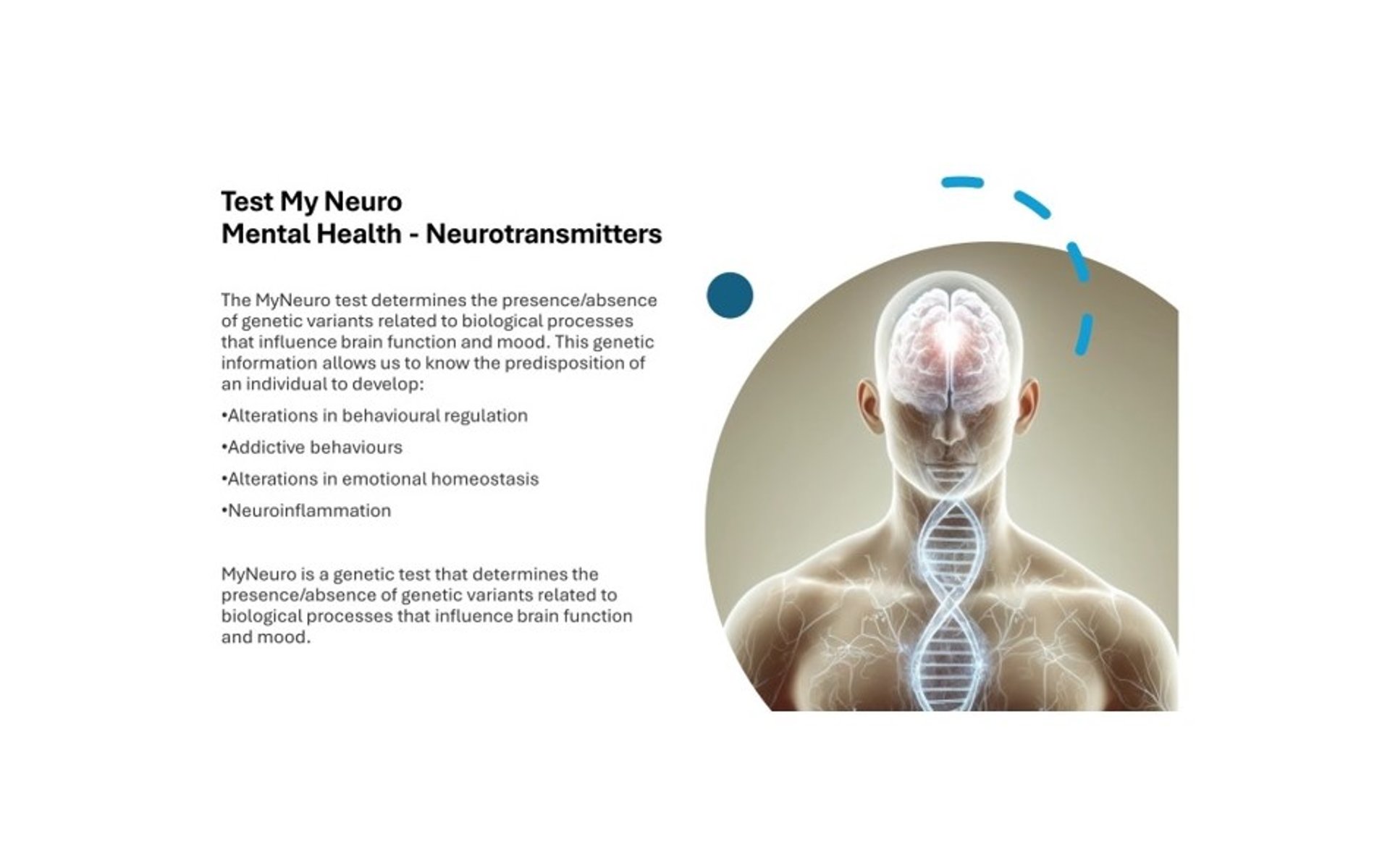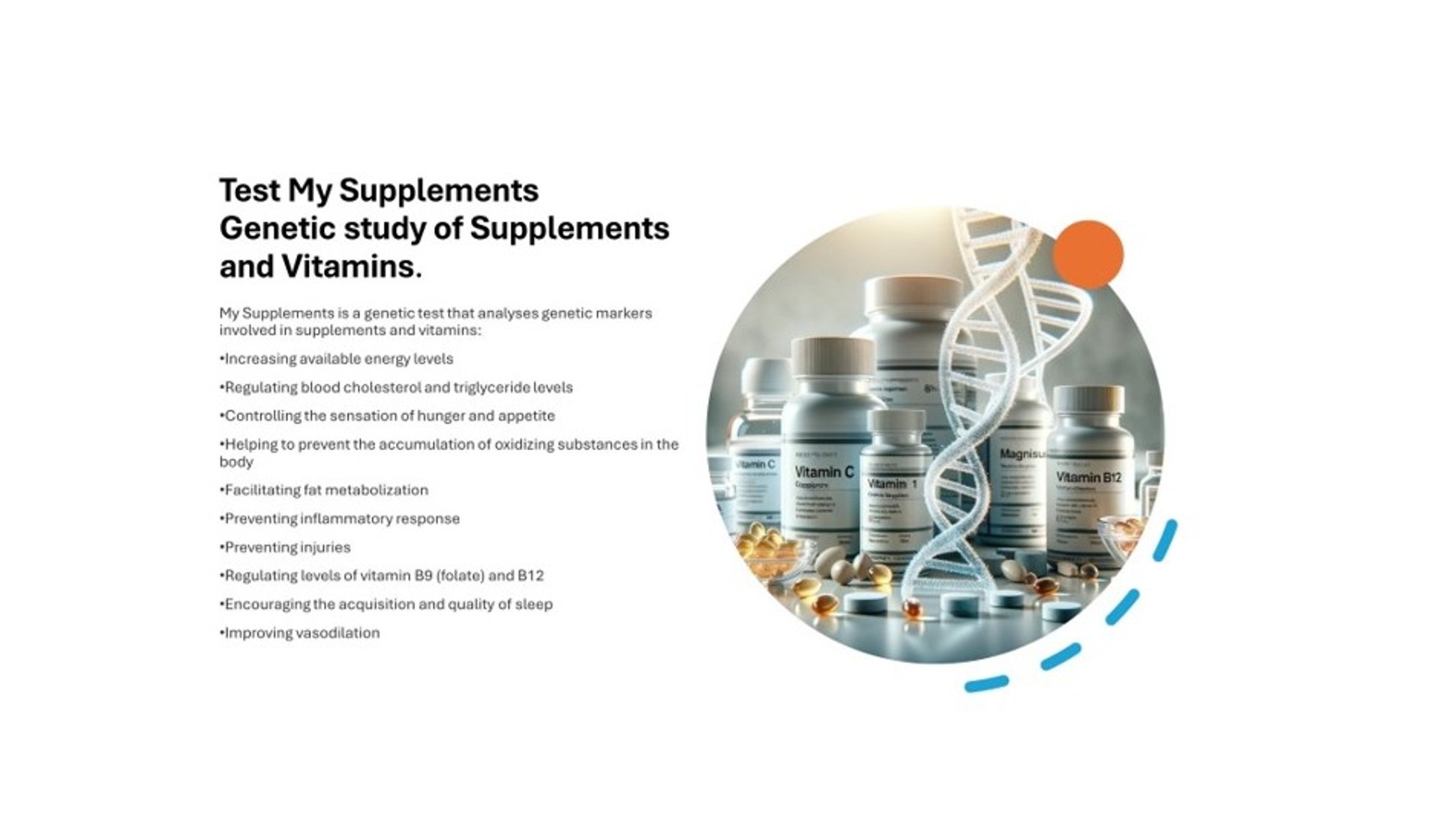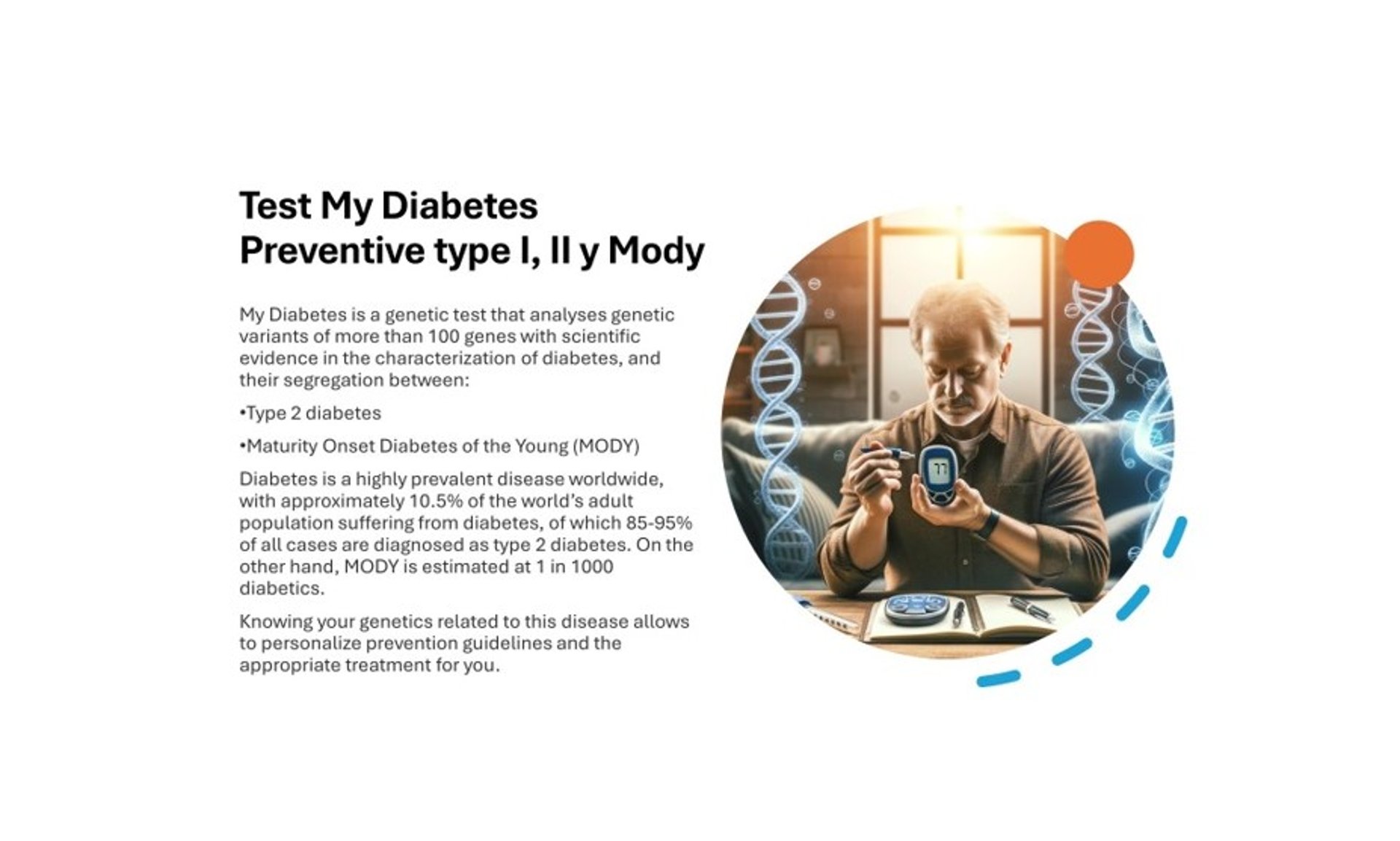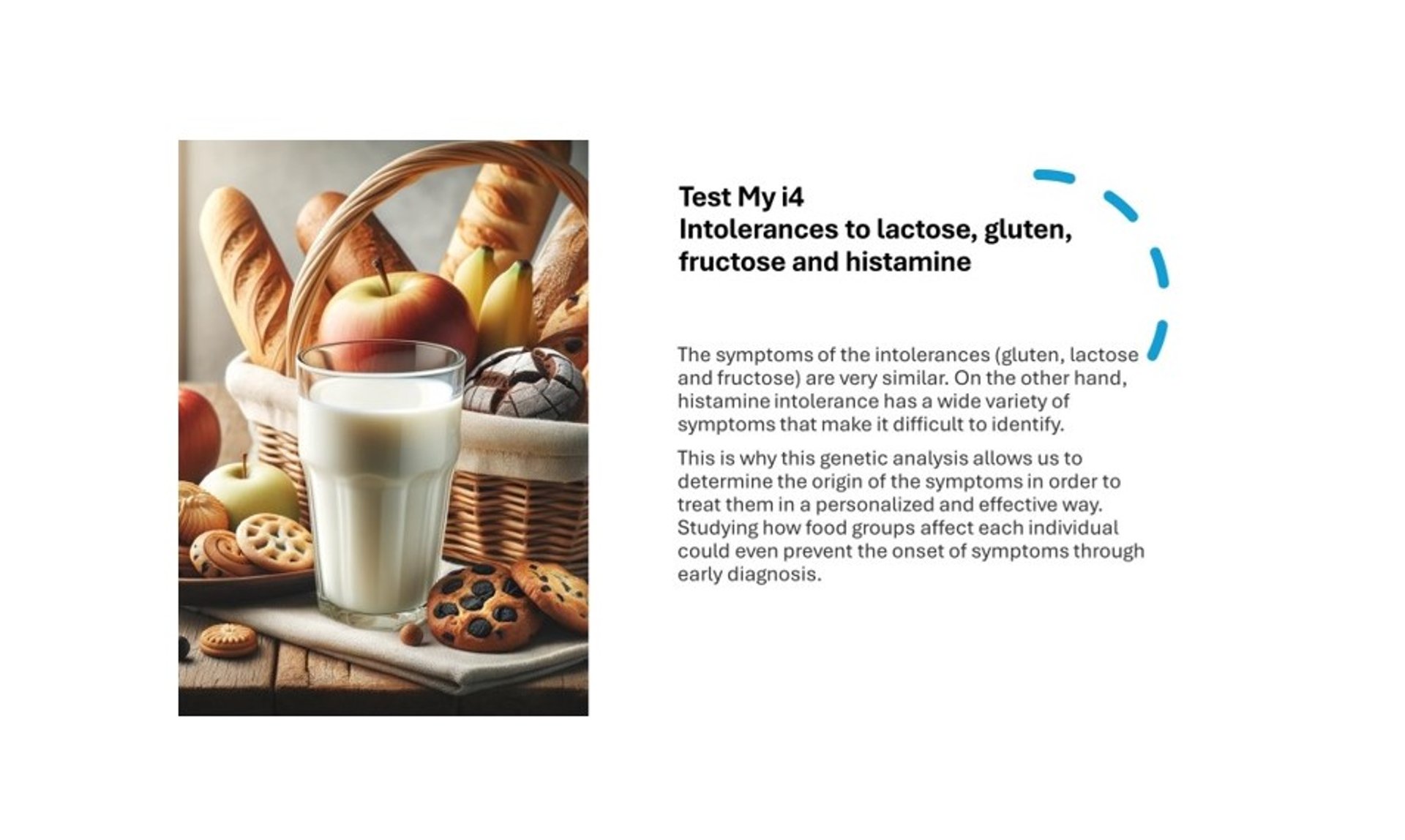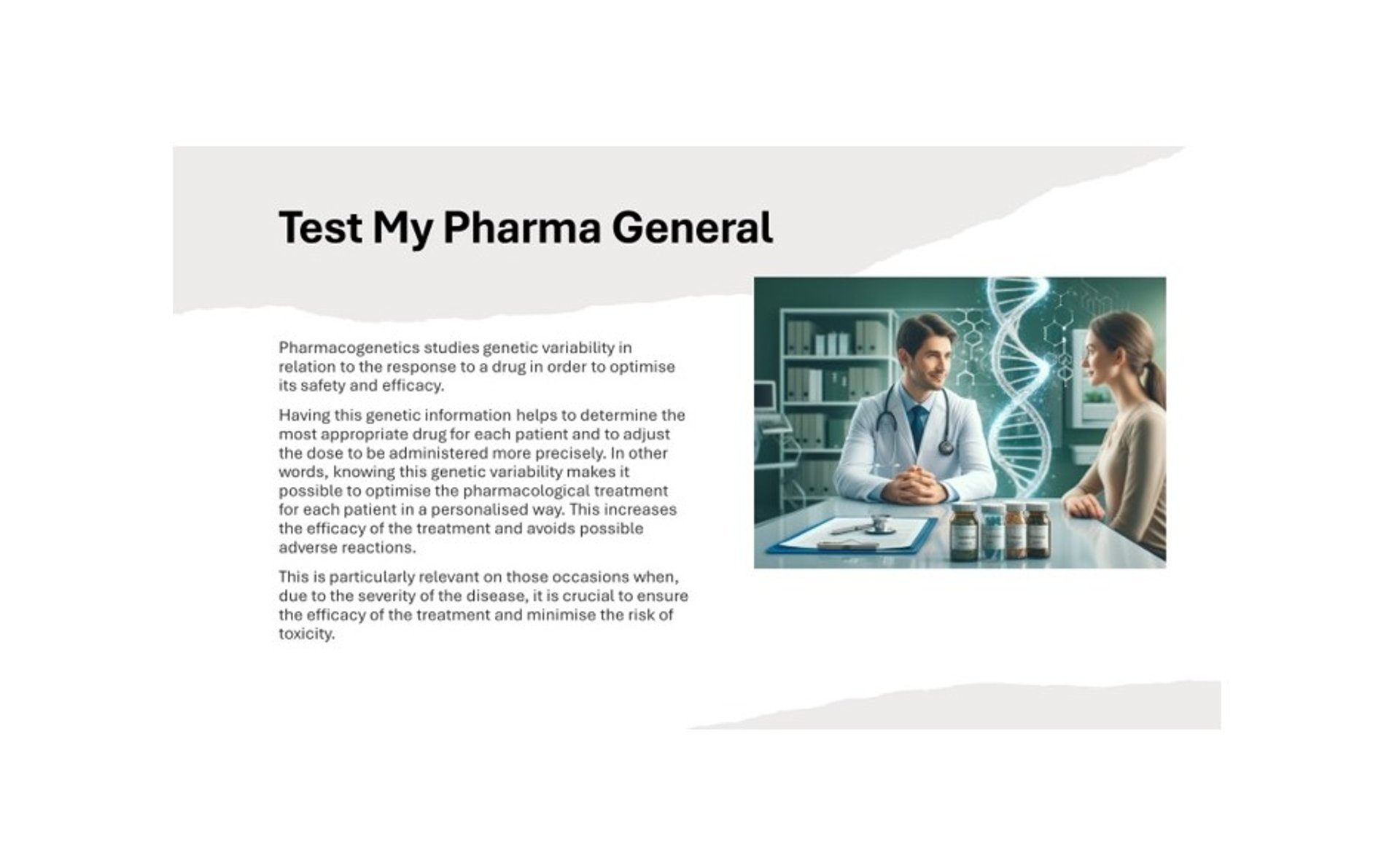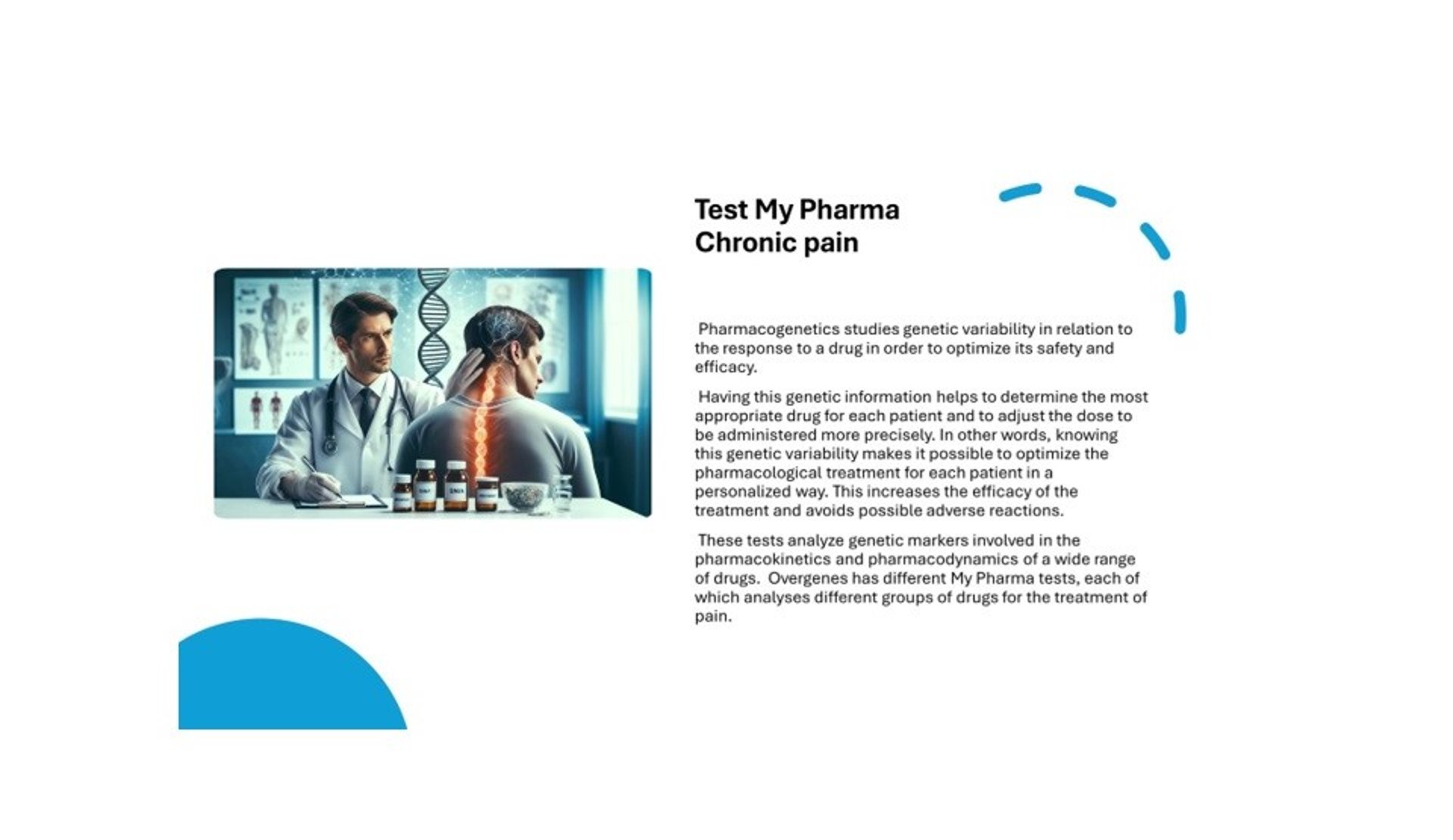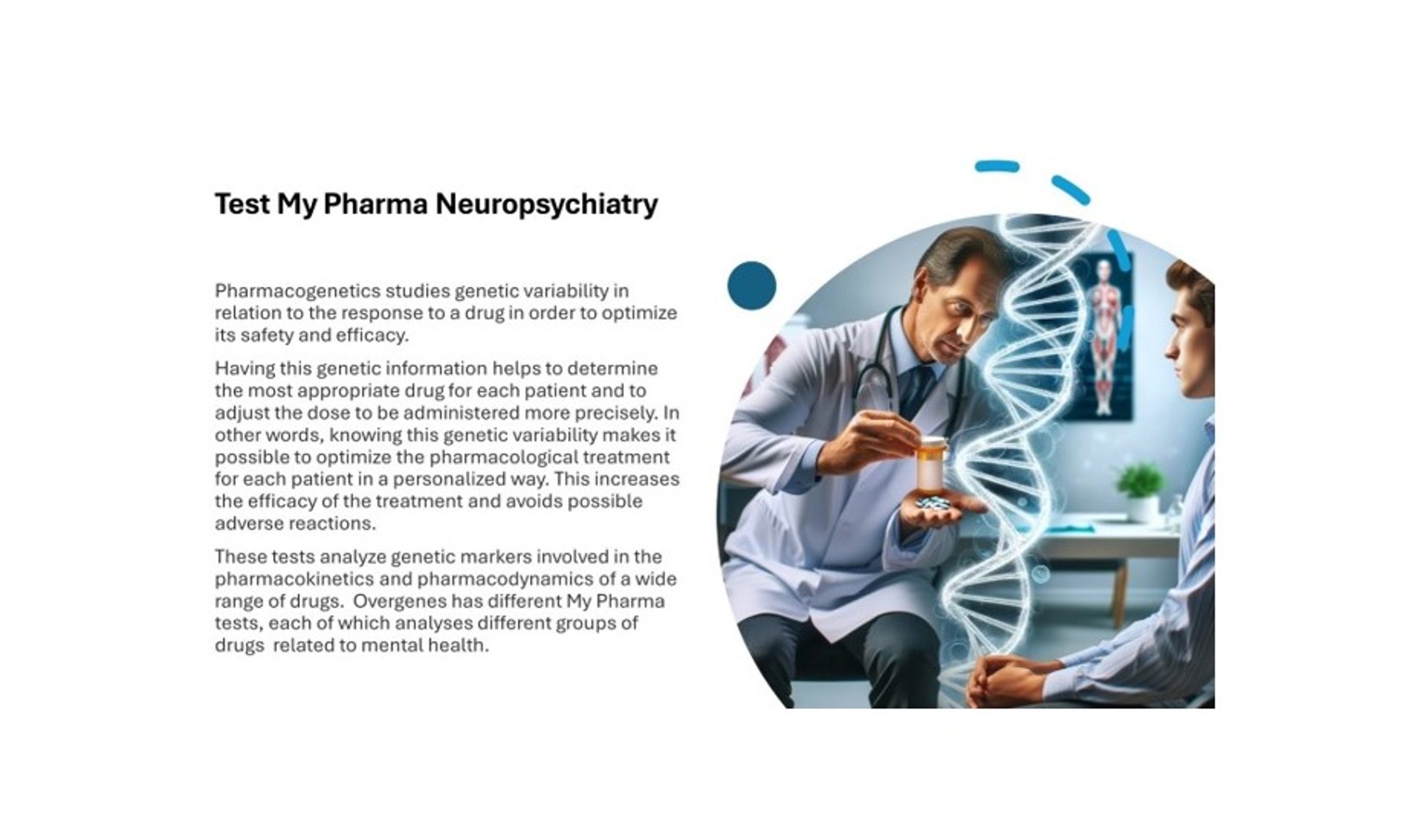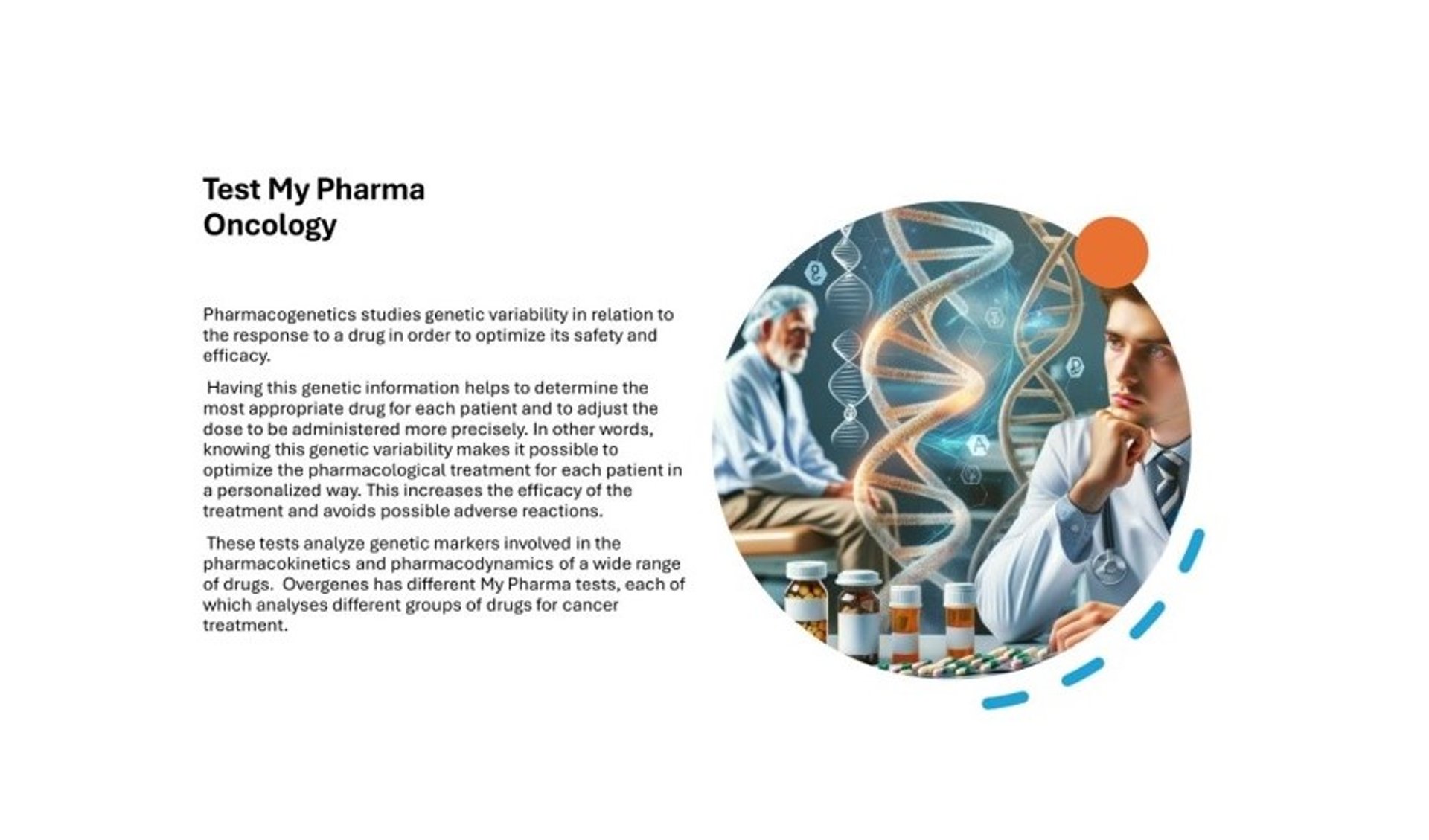
Types of Genetic Tests
Within the Genetic Tests there are different types that are detailed below:
Characteristics of our actionable tests
They allow measures to be taken to improve the patient's health according to their genetics
Non-invasive. DNA is obtained from a saliva sample, in a totally painless way and suitable for any person and age.
It is done once in a lifetime, the genetics do not change.
We analyze the genetic markers with greater scientific validity.
Innovative technology that offers greater accuracy and depth in results.
Once the sample is received in the laboratory, the results will be available within a maximum period of 20 days.
Actionable Genetics:
With the Aleti Institute's actionable genetic tests, a genetic test is achieved whose results can lead to medical interventions or lifestyle changes with the aim of preventing, detecting or treating diseases more effectively.
For a genetic test to be considered actionable, it must meet the following criteria:
✅ Clinical relevance: the genetic variant analyzed must be associated with a health condition that can be prevented or treated.
✅ Availability of a specific action: the results should guide a medical intervention, such as a change in medication, a prevention strategy or adjustments in diet and exercise.
✅ Solid scientific evidence: the relationship between the genetic variant and the condition must be supported by validated studies.


Preventive Genetics:
✅ The preventive genetic tests performed on patients at Aleti Institute help determine genetic predisposition to diseases or conditions without the need for symptoms related to them to have appeared.
✅ The tests are indicated as an aid for specialists who want to find out the genetic predisposition of their patients to the diseases analyzed.
✅ Preventive genetics is especially useful in people with a family history or clinical suspicion of a disease.
✅ The results of preventive genetic tests allow a person's habits and treatments to be personalized to prevent the appearance of a certain pathology, delay it or minimize its severity.
Preventive genetic tests
They allow habits and treatments to be personalized according to the genetic predisposition of patients to develop diseases.
Non-invasive. DNA is obtained from a saliva sample, in a completely painless way and suitable for any person and age.
It is done once in a lifetime, genetics do not change.
Our tests analyze genetic markers with the greatest scientific validity.
Innovative technology that offers greater precision and depth in results.
Once the sample is received at the laboratory, the results will be available within a maximum period of 20 days.
Precision Genetics:
✅ Precision genetics offers information that allows the specialist to personalize treatment for each patient.
✅ The tests are indicated for specialists of any pathology who want to personalize the habits and treatments of their patients according to the individual characteristics of each one.
✅ The results of precision genetic tests make it possible to personalize and optimize patients' treatments and habits according to their individual variability, increasing the effectiveness of the treatment and reducing risks.


Characteristics of precision genetic tests:
They allow habits and treatments to be personalized according to the individual characteristics of each patient.
Non-invasive. DNA is obtained from a saliva sample, in a completely painless way and suitable for any person and age.
It is done once in a lifetime, genetics do not change.
Our tests analyze genetic markers with scientific validity.
Innovative technology that offers greater precision and depth in results.
Once the sample is received at the laboratory, the results will be available within a maximum period of 20 days.

